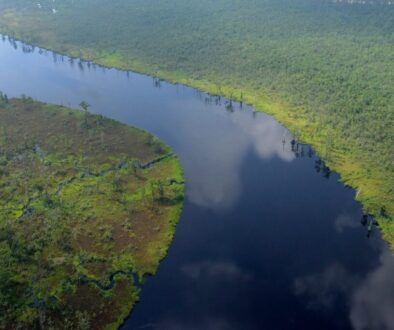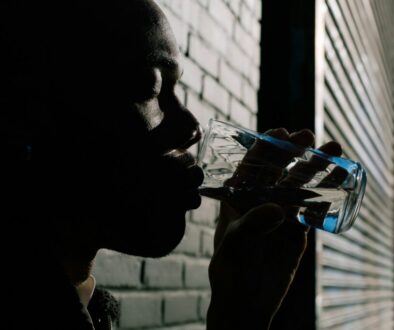Another PCB lawsuit targets Monsanto
Los Angeles City Attorney Mike Feuer set a press conference on Monday to announce a new lawsuit seeking “environmental justice” from Monsanto, the former chemical and seed company now owned by Bayer AG.
According to Feuer’s office, Monsanto and two affiliated companies polluted area waterways with toxic polychlorinated biphenyls (PCBs), chemicals shown to cause cancer along with an array of other health problems for people. PCBs have been shown to remain in soil and the sediment under rivers, lakes and other water bodies for years, and are often found in fish and shellfish.
The lawsuit is an effort to force Monsanto/Bayer to clean up the contamination and also to reimburse the city for costs it has already incurred to deal with the toxic mess.
Monsanto was a manufacturer of PCBs from the 1930s until the late 1970s when PCBs were banned. The industrial chemicals were used for a variety of industrial and commercial applications, such as sealants and hydraulic fluids.
LA seems a bit late to the litigation party – numerous local and state entities have been suing the former Monsanto over PCB contamination for years. Just last month, New Hampshire reached a $25 million settlement with Bayer over Monsanto’s alleged PCB pollution of state waterways there. A massive cleanup of PCB contamination is underway in Michigan, while in Washington state, more than 200 people filed suit against Monsanto over PCB contamination at a school that children and school staffers said made them sick.
As Bayer wrestles with the legacy of Monsanto’s misdeeds, the company is working to bolster its “sustainability” work.
Last week the company announced a series of executive changes in its agricultural “crop science” division, and said it was working to “further embed sustainability and public engagement” into its business.
“Our ambition is to create a sustainable future for agriculture that will benefit our customers, as well as society, and I am absolutely convinced that Bayer has an important role to play in helping the sector to transform,” said Rodrigo Santos, president of Bayer’s crop science division.
 EWG
EWG


